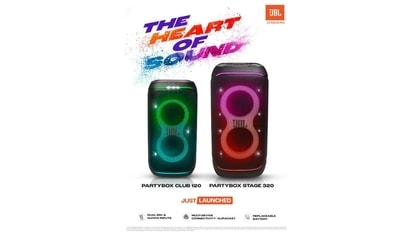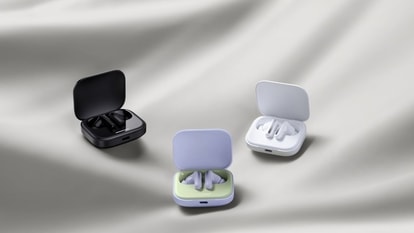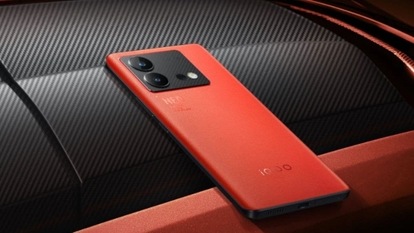For Steve Jobs, Mac was the ‘other woman’ that cost him his love
Shortly before introducing Macintosh computer to the world, Steve Jobs had been bitter. The obsession with the machine had cost him his love, reveals an article on the 30th anniversary of the revolutionary product.
Shortly before introducing Macintosh computer to the world, Steve Jobs had been bitter. The obsession with the machine had cost him his love.
A New York Times article on the 30th anniversary of the revolutionary product quoted excerpts from an interview Jobs had given to then Rolling Stone journalist Steven Levy.
"I just had a romance that I really care about, a lot — I mean, a lot — go up in smoke. Because of the stress, and the sort of other woman that Macintosh is," Jobs had told Levy.
Levy now plans to append the interview in the updated Kindle version of his book about the birth of Macintosh - Insanely Great: The Life and Times of Macintosh, the Computer That Changed Everything (1994).
The NYT article said: "It's clear in the interview that Mr Jobs was struggling with a few demons. For one, he was upset about a recent article in Time magazine that described him as petulant and unkind. And he blamed his obsession with work for a breakup."
In the interview, the NYT article said, Jobs knew he was about to introduce a computer that is going to change the world.
"He discusses the graphics and the design of the machine with the passion of an artist describing a newly completed masterpiece. 'I mean, it's incredibly great,' Mr Jobs said when asked about the Mac. 'It's insanely great,'" the article said.
In an article "The Macintosh Is 30, and I Was There for Its Birth" in Wired magazine on January 24, Levy wrote: "He (jobs) portrayed Apple as a pirate aggregation that was civilization's last hope against an evil dominant force."
Levy writes that before meeting Jobs for the interview, he "met the machine".
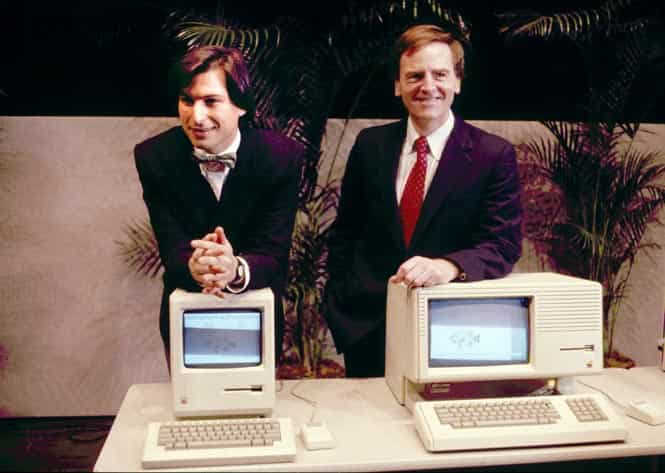

"From the instant the woman running the demo switched on that strange-looking contraption (inspired in part by the Cuisinart food processor), I knew the Macintosh would change millions of lives, including my own. To understand that, you must realize how much 1984 really was not like 2014." Levy said.
"Until that point, personal computers were locked in an esoteric realm of codes and commands. They looked unfriendly, with the letters of text growing in sickly phosphorescence. Even the simplest tasks required memorizing the proper intonations, then executing several exacting steps," he added.
But the Macintosh was friendly, Levy said.
"It opened with a smile. Words appeared with the clarity of text on a printed page — and for the first time, ordinary people had the power to format text as professional printers did... This humble shoebox-sized machine had a simplicity that instantly empowered you," the Wired article said.
'The Mac was a quantum leap forward,' early Apple employee Randy Wigginton told AFP.
'We didn't invent everything, but we did make everything very accessible and smooth,' he continued. 'It was the first computer people would play with and say: 'That's cool.''
Orwellian Superbowl Ad
Apple spotlighted the arrival of the Mac with a television commercial portraying a bold blow struck against an Orwellian computer culture.
The '1984' commercial directed by Ridley Scott aired in an expensive time slot during a US Super Bowl football championship in a 'huge shot' at IBM, Daniel Kottke of the original Mac team told AFP.
'In the Apple board room, there were strong feelings that it was not appropriate; there was a big battle,' Kottke said.
'Fortunately, Steve Jobs and his reality distortion field won the day and it left a strong memory for everyone who saw it.'
There was a drive to keep the Mac price within reach of consumers in a market where computers costing $10,000 or more were typical.
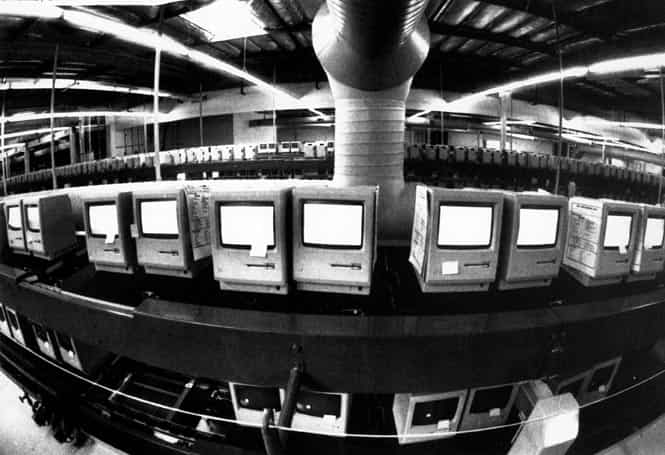

While clicking an on-screen icon to open a file appeared simple, memory and processing demands were huge for the computing power of that time.
'Every time you move that mouse, you are re-drawing the screen,' Kottke said. 'It is almost like video.'
The original vision of launching a Macintosh with 64 kilobytes of RAM and a $1,000 price gave way to introducing one with 128 kilobytes of RAM at $2,500.
'Steve really was crazy about details,' Wigginton said. 'He wanted everything to be just right. Compared to the IBM PC of those days, it is just gorgeous.'
Macintosh also arrived with a new feature called 'drop-down menus.'
'The Macintosh brought a new level of accessibility for personal computing to a much wider market in the same way the iPad did 25 years later,' Kottke said.
Mac prowess at page layouts and photo editing won the devotion of artistic types.The release of 'hypercard' is credited with inspiring fanatical loyalty to Macs.
'It was the idea that you could create a page on your screen and create links to other pages,' Kottke said.
'You could have all your computers networked to share data; it was like a private Internet.'
The Windows-Apple rivalry
Macs sold decently out of the gate, but Windows machines hit with a low-price advantage for budget-minded buyers. Microsoft released the first version of Windows in late 1985.
The ensuing rivalry is the stuff of Silicon Valley legend and coffee shop smack talk.
'I think Steve Jobs cultivated a sense of Windows versus Mac,' Kottke said.
'Steve Jobs was always taking swipes at Microsoft, but it really heated up when Microsoft released Windows. He would say they copied us.'
Microsoft took the lead in the home computer market by concentrating on software while partners cranked out Windows-powered machines at prices that undercut the Mac.
'Really, Apple could well have gone out of business in the late 1990s,' Kottke said.
'That would not have surprised people.'
Catch all the Latest Tech News, Mobile News, Laptop News, Gaming news, Wearables News , How To News, also keep up with us on Whatsapp channel,Twitter, Facebook, Google News, and Instagram. For our latest videos, subscribe to our YouTube channel.























